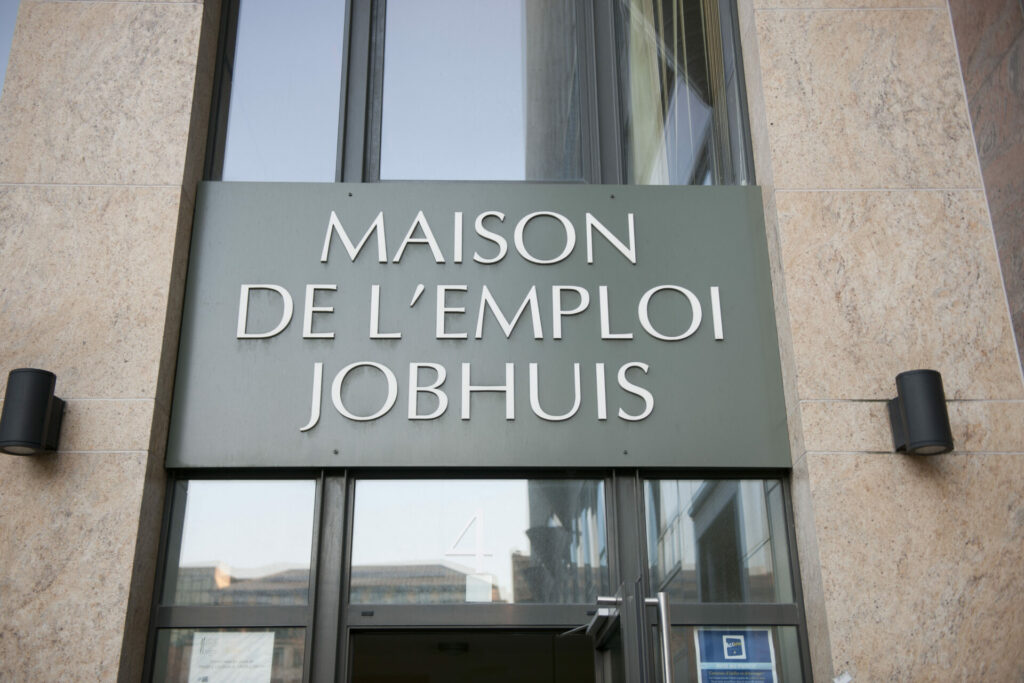The Federal Planning Bureau has conducted its first “ex post” assessment of the employment bonus, 24 years after its introduction in Belgium.
Its conclusion? The bonus encourages workers to remain employed, but it also has an unintended side-effect. Employers take part of the bonus by slowing down the wage increases of eligible workers.
This has led the Planning Bureau to urge that the issue be examined further since it could have undesired long-term effects, as highlighted in its Monday report.
Not cost effective
The bonus is also not cost-effective: It amounted to €1.6 billion in 2023.
The employment bonus was implemented in 2000 with the intention of increasing the gap between unemployment benefits and the lowest net wages. It was also designed as a strategy to combat poverty.
Essentially, the bonus facilitates a reduction in personal social contributions by low-income wage earners, so it has no impact on employers' expenditure or on the amounts paid out as unemployment benefits. The bonus is inflation-adjusted and indexed annually where necessary.
The Planning Bureau evaluated the measure based on three criteria: whether it motivated workers to seek or keep jobs, the impact on the workloads of eligible individuals, and whether it affected the evolution of the latters' wages.
Positive effect on job retention
The analysis was based on data from the start of the measure’s implementation.
The study found that very little has changed since then – except for a significant increase in deductions for the lowest wages, introduced last year, the effects of which are too recent to be analysed.
The Planning Bureau confirmed that the bonus does have a positive effect on job retention, with eligible staff more inclined to remain employed. However, the impact was limited when it came to increasing work volume, with part-time workers not substantially taking advantage of the bonus to increase their working hours. The Bureau suggests that this could potentially be due to a lack of awareness about the measure.
On the other hand, the bonus may be partially claimed by the employers, slowing down the evolution of wages.
Employers 'capture' some of the reduction in social contributions
“The phenomenon of employers capturing a portion of the reduction in personal social contributions by curbing the growth of gross wages was confirmed in each of the first three years of the implementation of the employment bonus,” the Planning Bureau reported.
The Bureau acknowledged limits to its assessment. It could not measure the effect of the bonus on the transition from unemployment to employment. Moreover, the period under review corresponded to the early days of the measure, which could be characterised by an unawareness of it.
“Ideally, a new study should assess the impact of the support introduced in 2023 for very low wages," the Planning Bureau concluded.
"This assessment could also consider the measure’s costs so as to balance its benefits and costs at a time when the measure is maturing," it added. "However, an ‘ex post’ evaluation requires some distance and could only take place in a few years.”

